Concord failed because it "didn’t bring any unique value," says Marvel Rivals director
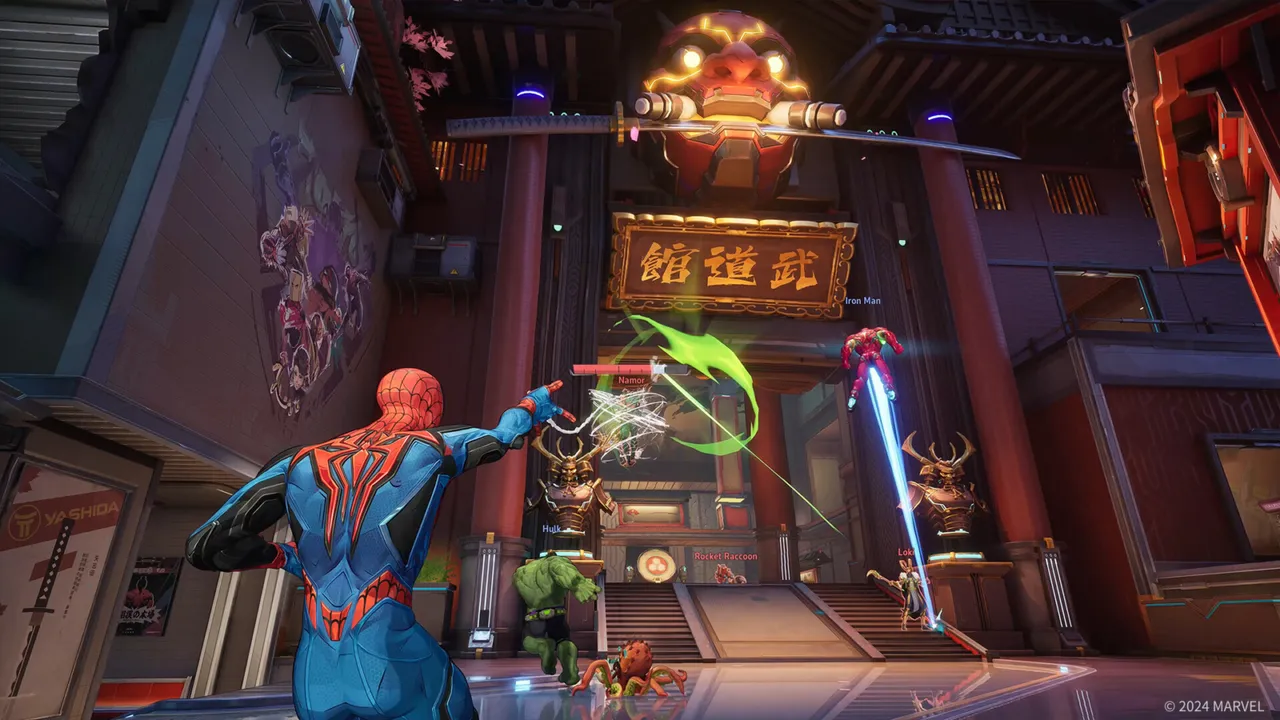
Marvel Rivals game director Thaddeus Sasser believes Sony's Concord failed as it "didn't bring any unique value" to players compared to its competitors.
The details:
Speaking with VideoGamer, the director discussed Firewalk Studios' short-lived hero shooter and why it died after only two weeks of release, claiming it lacked a unique selling point. "There's a switching cost," Sasser explained. "I've already invested in Overwatch, I've got 15 skins for Pharah, I'm not going anywhere."
Concord launched in August, but less than two weeks later, it was announced that the game would be shut down and all players would be refunded. The game was criticized for its lack of innovation in the hero shooter genre, as well as its $40 price tag, with many pointing out that its main competitor, Overwatch 2, is free to play.
Marvel Rivals, which was released following the aforementioned interview, has been a huge success, with over ten million players in its first three days. The free-to-play title has been praised for its diverse roster of popular and lesser-known comic book heroes, as well as having a more unique take on the classic hero shooter formula when compared to Concord.
In the interview, Sasser stated that he hoped the Marvel IP would play a significant role in persuading players of competing titles to try the game. “I think the trick is that you need to have that reason that people want to come and play your game and I think Marvel Rivals does that exactly with the superhero,” he said. “I don’t know about you, but when I heard the concept of the game I was like ‘Oh my God I want to go be Storm in a game’, ‘I want to go be Doctor Strange in a game’. I want to be those heroes in the game, that sounds awesome.”
More gaming news:
Microsoft has added the ability for players to stream select games from their own libraries via Xbox Cloud Streaming on Xbox consoles.
People Can Fly has announced a wave of layoffs affecting 120 employees, citing "external market pressures."
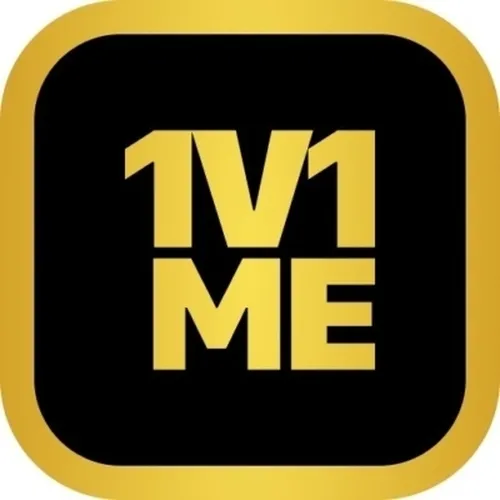 1v1Me
1v1Me
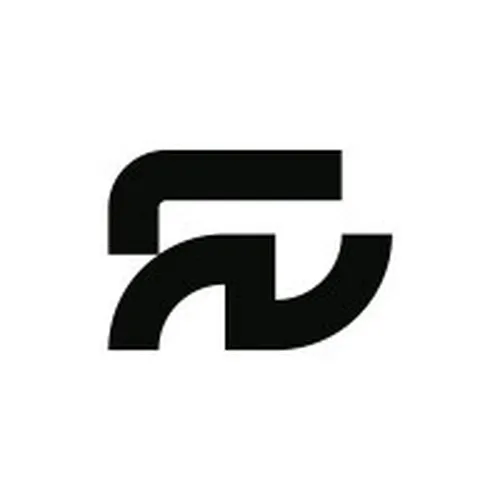 Fresh Vintage
Fresh Vintage
 Aftershock Media Group
Aftershock Media Group
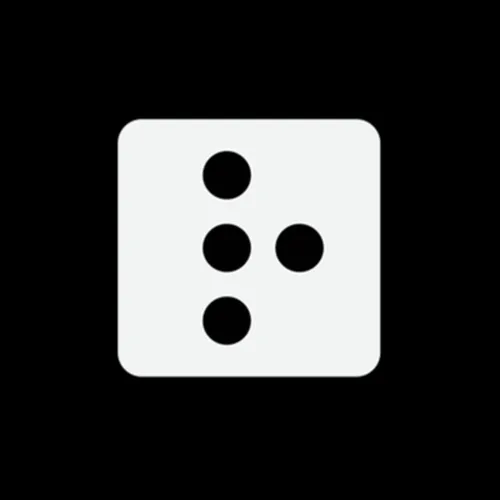 Respawn Entertainment
Respawn Entertainment
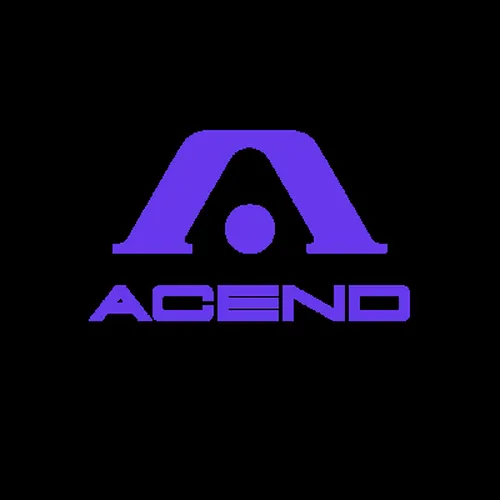 Acend Club
Acend Club
 Naughty Dog
Naughty Dog
-
 Nier creator Yoko Taro is writing a new Neon Genesis Evangelion series
Nier creator Yoko Taro is writing a new Neon Genesis Evangelion series -
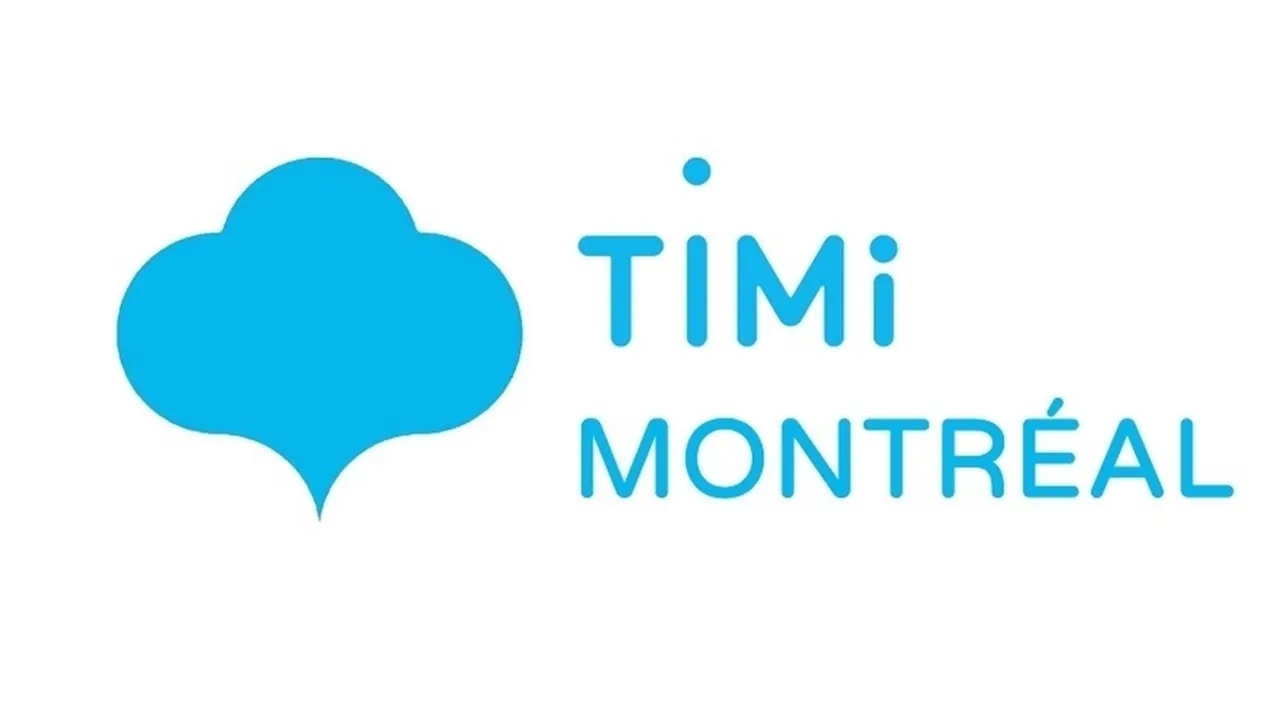 Tencent reportedly shuts down TiMi Montreal studio
Tencent reportedly shuts down TiMi Montreal studio -
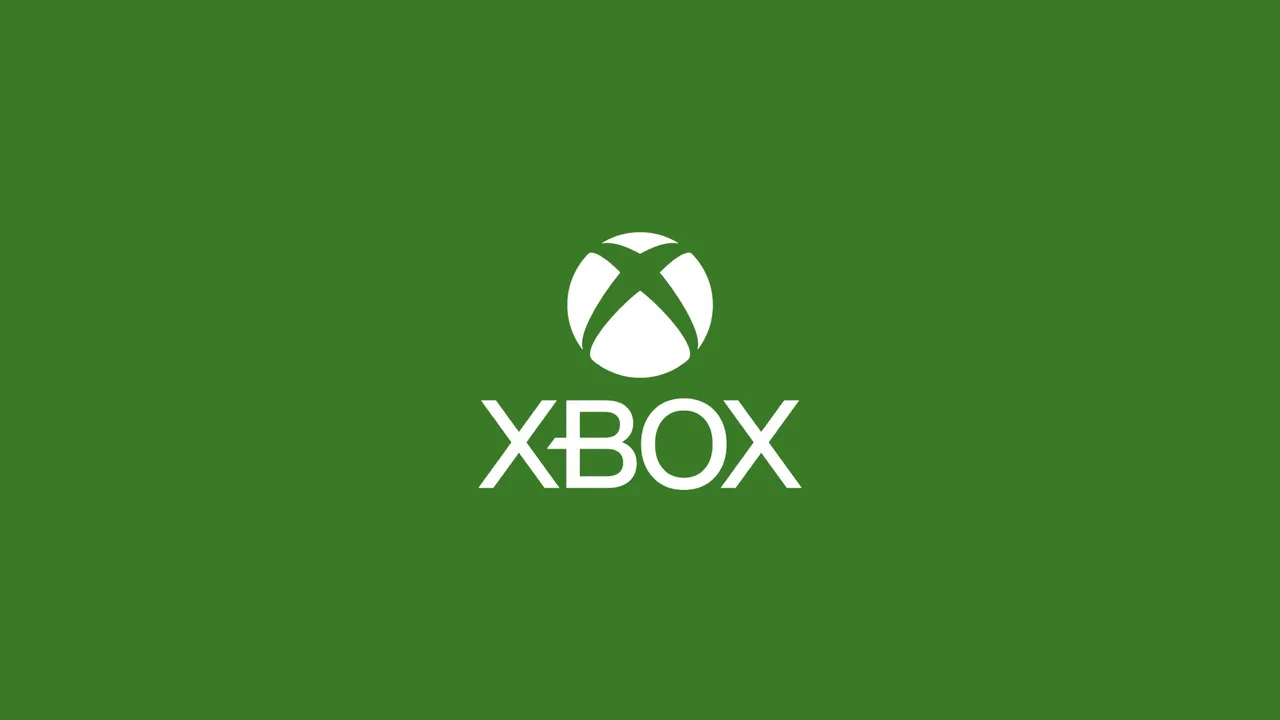 Microsoft AI lead Asha Sharma becomes CEO of Xbox following Sarah Bond exit and Phil Spencer retirement
Microsoft AI lead Asha Sharma becomes CEO of Xbox following Sarah Bond exit and Phil Spencer retirement -
 Ubisoft confirms multiple Far Cry and Assassin's Creed games in development
Ubisoft confirms multiple Far Cry and Assassin's Creed games in development -
 XCOM creator Jake Solomon's Midsummer Studios shuts down
XCOM creator Jake Solomon's Midsummer Studios shuts down -
 Pokémon FireRed and LeafGreen are coming to Nintendo Switch alongside a new Pokémon Presents
Pokémon FireRed and LeafGreen are coming to Nintendo Switch alongside a new Pokémon Presents -
 Ubisoft announces layoffs at Splinter Cell remake studio, but the game has not been cancelled
Ubisoft announces layoffs at Splinter Cell remake studio, but the game has not been cancelled -
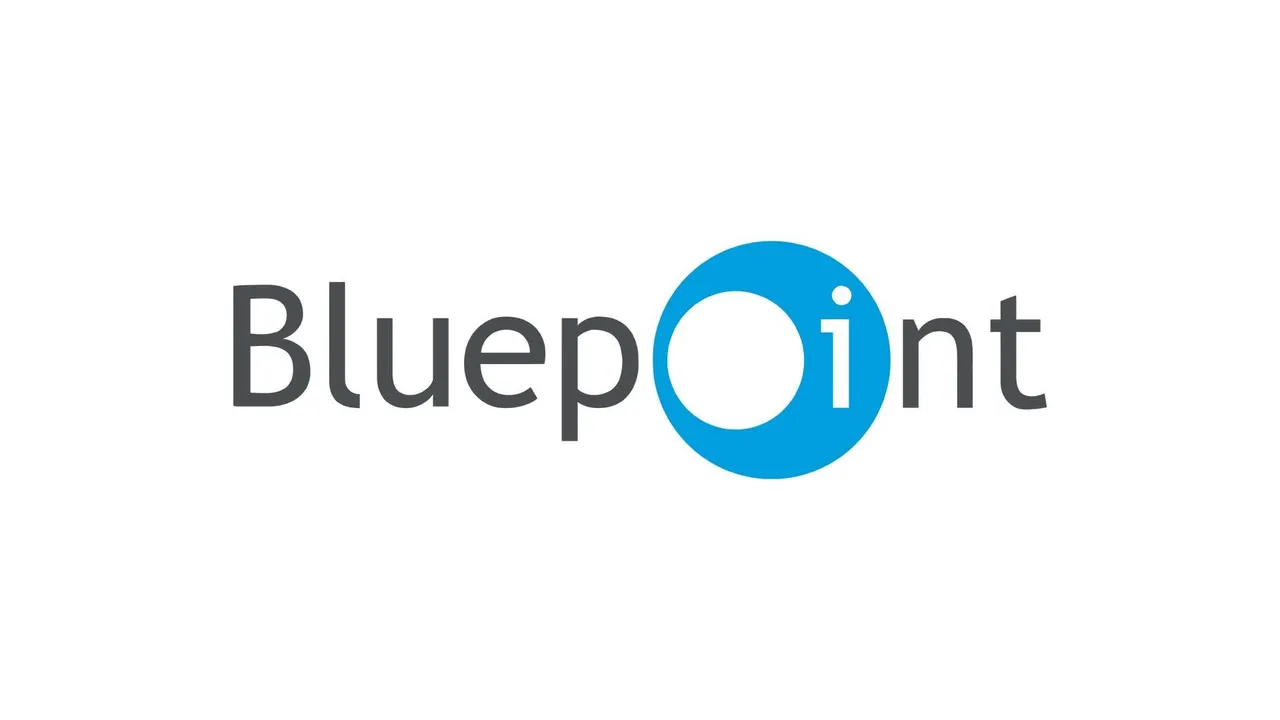 Demon's Souls remake developer Bluepoint is shutting down, Sony confirms
Demon's Souls remake developer Bluepoint is shutting down, Sony confirms -
 Nintendo shadow drops Xenoblade Chronicles X: Definitive Edition Switch 2 upgrade
Nintendo shadow drops Xenoblade Chronicles X: Definitive Edition Switch 2 upgrade -
 EA receives permission from commentator to generate EA FC 26 voice lines using AI
EA receives permission from commentator to generate EA FC 26 voice lines using AI -
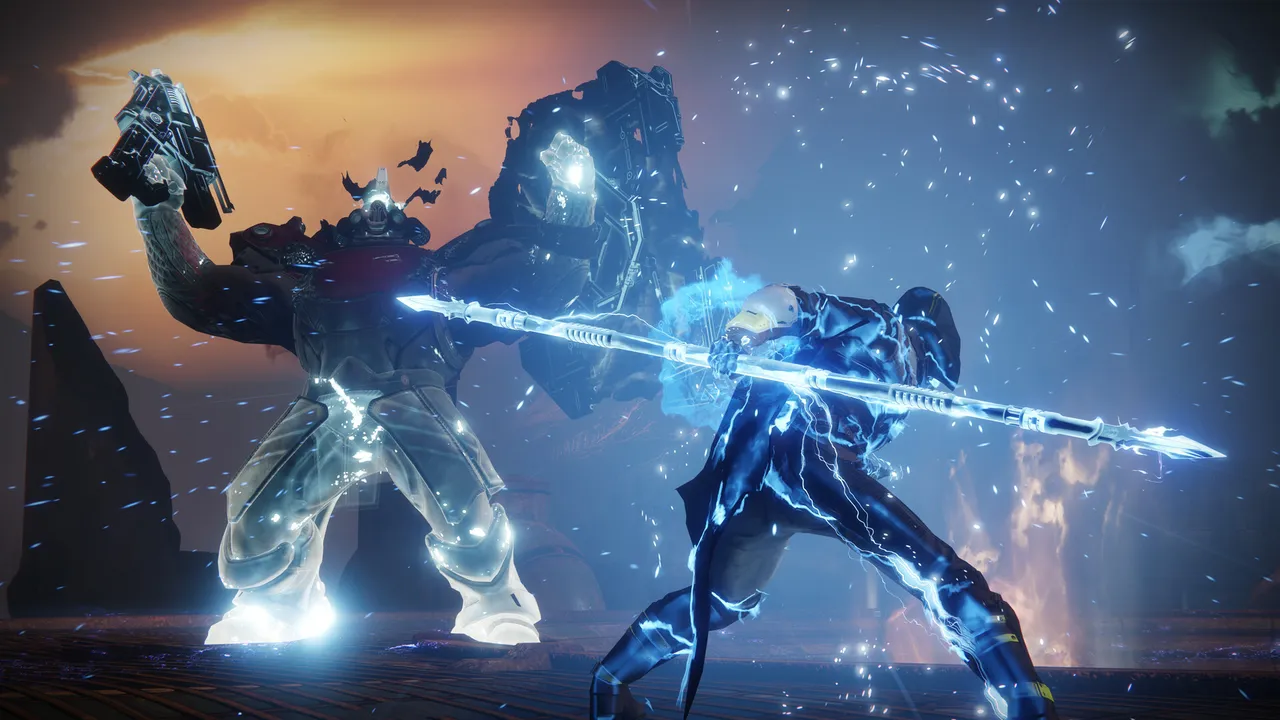 Destiny 2's Shadow and Order update has been delayed by several months, Bungie announces
Destiny 2's Shadow and Order update has been delayed by several months, Bungie announces -
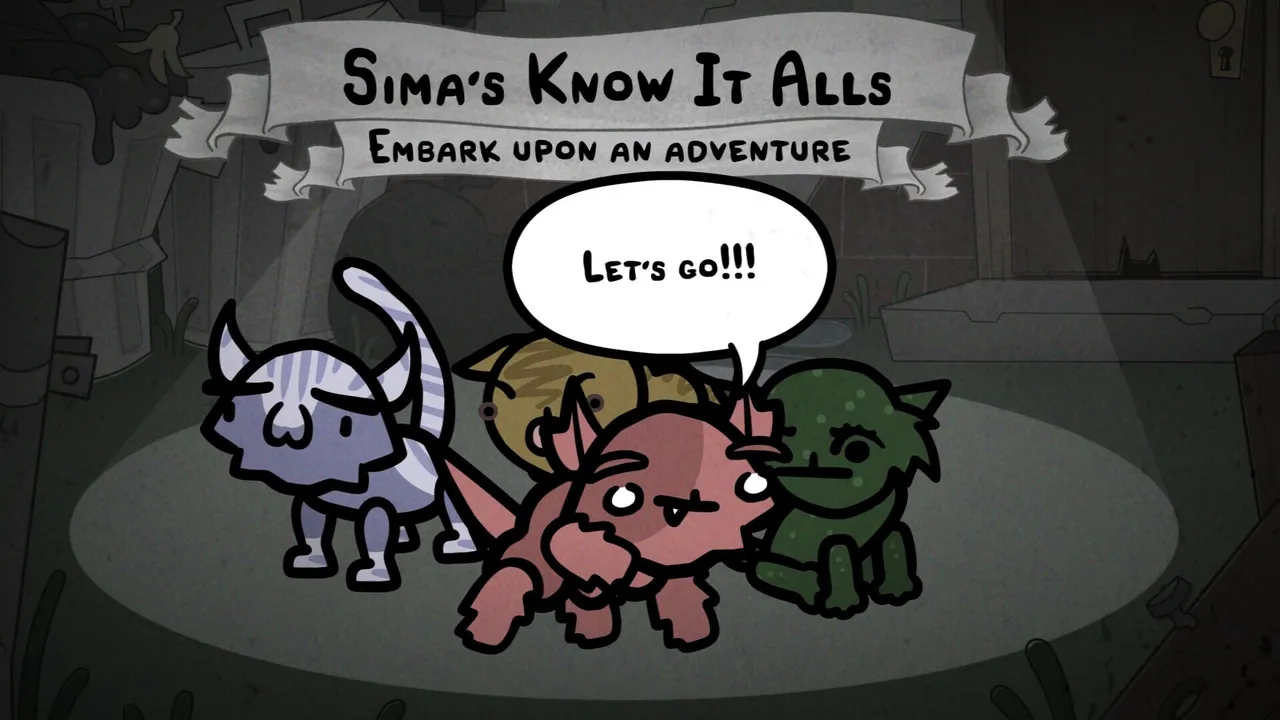 Mewgenics sells over one million copies in just a week, exceeding developer expectations
Mewgenics sells over one million copies in just a week, exceeding developer expectations